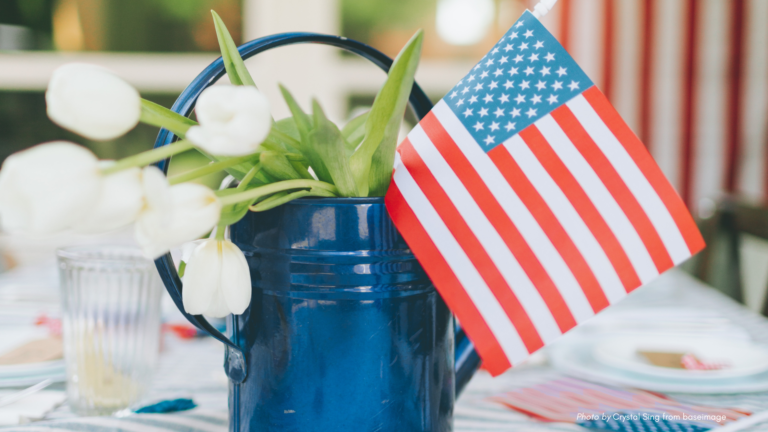Personal Etiquette: 10 Important Firsts in Business and in Life
It’s the first of the New Year and a good time to evaluate the message we are sending. In the time it takes to blink an eye you have made an indelible impression on another human being. Whether you are trying to gain the trust of a new client or impress a prospective love interest, everything you do sends a message to the other person, and, as well already know, first impressions are often lasting. Here are a few tips for important firsts:
- The first hello. Greeting another person with “Hey, wuz up?” is much less desirable than “Hi, I’m Jim Smith” or “Hello, my name is Diane Gottsman.” Yes, the words you use to greet another person matter! The words “hey”, “yo”, and “how’s it shak’n” are not attractive or impressive. And, once you enter into a conversation, it’s important to remember that TMI (Too Much Information) will turn people off FAST. Keep your emotional baggage out of any initial conversation.
- The first handshake. While this may sound simple, a good handshake requires advanced thought and practice. If you’ve ever received a clammy, limp shake, you know the importance of this personal gesture. Don’t assume “It’s not me”. Enlist the help of a trusted friend and practice delivering a firm, solid handshake that communicates confidence and respect for self and others.
- The first gaze. Overtly staring, or dodging someone’s glance, are both mannerisms that send a clear message about how you are feeling towards the other person and the conversation. Comfortable eye contact is between 40 to 65 percent of the time, combined with a genuine smile and other body language gestures, such as a nod of the head, to let the other person know you are interested and engaged in the conversation.
- The first phone call. Before dialing the number, think ahead about what you’ll say and have a purpose for your call. Since it’s your first phone call, remember to introduce yourself using both your first and last name. This spares both of you the anguish of a guessing game: “It’s John,” followed by a confused pause, then “John? John who?”). Have a specific invitation in mind: “I was calling to see if you are free for lunch on Thursday to continue our conversation on the Johnson project?” Don’t leave the person you are calling wondering, “What is this all about?”
- The first meal. There is no coincidence that a second job interview is usually conducted over a meal. Observing another person’s table manners is like watching a excerpt from his or her life. Is the conversation volleying back and forth or is someone dominating the monologue? Is there an appropriate or excessive amount of wine flowing? Where do you plan to put that gristle in your teeth and how will you get it out of your mouth? Good dining skills are considered social and executive power tools.
- The first accident. So you have a piece of toilet paper attached to the heel of your shoe as you walk out of the restroom door. Unfortunate but, yes, it happens. The way you handle the situation is telling. Laughing at yourself (but not too long) is much more confident than making awkward excuses, getting embarrassed or, worse, getting mad and shutting down.
- The first argument. No matter how well a relationship is going, at some point a disagreement will undoubtedly occur. When it does, are you civilized, or does the exchange devolve into eye rolling, name-calling, blaming, and assorted insults? Even the most heated argument can be productive if it involves a respectful dialogue, considerate listening and even a heartfelt apology if necessary.
- The first apology. “I’m sorry BUT…” is not an apology! A genuine apology is a true character builder and says a great deal about the person offering remorse. I’m sorry does not stand alone – always mention what you are asking forgiveness for and include a suggestion for resolving the issue.
- The first out of town trip together. You learn a lot about a person by traveling with them. You’ll discover his or her approach to many of life’s situations, from planning (does he read through 15 guidebooks to plan the trip or just wing it?) to relaxation (does she relax by lazing on the beach or strapping herself to a kite board?) to delays (are they taken in stride or does a temper tantrum ensue?). As with so much in life, communicating in advance about desires and expectations, as well as compromise, are the keys to making a vacation work.
- The first visit home with the one you love. Pay attention to the family dynamics and try to respectfully conform. You may live together at home but the family rule may still be separate sleeping arrangements. Is this a rowdy bunch that loves a good joke or a conservative family that does not appreciate public displays of affection? Ask your significant other for some insights before you arrive at the front door. Don’t show up empty handed (a thoughtful gift softens the initial awkward moment) and commit to getting to know his or her family, finding out as much as you can about what makes this family tick. It will give you great insight on what lies ahead in your future.
These 10 tips are a good start but far from the end of the road. Keep it going…
Best,








Diane,
These are excellent points to jump start the new year. Great reminders for everyone – including me! Thanks for a great post!
Kate